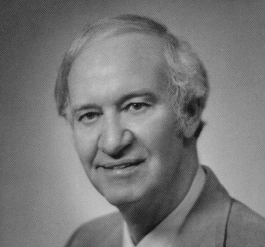 “The pedagogical model, designed for teaching children, assigns to the teacher full responsibility for all decision making about the learning content, method, timing, and evaluation. Learners play a submissive role in the educational dynamics.
“The pedagogical model, designed for teaching children, assigns to the teacher full responsibility for all decision making about the learning content, method, timing, and evaluation. Learners play a submissive role in the educational dynamics.
In contrast, the andragogical model focuses on the education of adults and is based on the following precepts: adults need to know why they need to learn something; adults maintain the concept of responsibility for their own decisions, their own lives; adults enter the educational activity with a greater volume and more varied experiences than do children; adults have a readiness to learn those things that they need to know in order to cope effectively with real-life situations; adults are life-centered in their orientation to learning; and adults are more responsive to internal motivators than external motivators.”
Malcolm Knowles, The Adult Learner
Required reading within the MAGL.

 1 Comment
1 Comment








 Tweets
Tweets